Have you ever made an embarrassing mistake in public? Do you think it affected how much other people liked you or how competent they thought you were? The Pratfall Effect is a surprising twist on how peoples’ opinions of us can change after making an error (and it applies to brands and products too).
What is the Pratfall Effect?
The Pratfall Effect says that mistakes can make us seem more likable, not less. But it only works if you’re already seen as competent or an above-average performer.
Building on the Pratfall Effect, acknowledging past mistakes can make someone more likable. For example, Barrack Obama, when running for President, admitted to smoking marijuana in college. He said, “When I was a kid, I inhaled. That was the point.”
Not only did this admission seem to make Obama more likable, but it also positioned him against his main rival for the Democratic nomination, Hillary Clinton. Her husband, President Bill Clinton, had famously said, “I didn’t inhale” when asked if he’d used cannabis.
How the Pratfall Effect Works in Business
Using the Pratfall Effect in business can help make your brand seem more likable, engaging, and human. Here are three ways to apply it:
1. Being “perfect” isn’t always a good thing
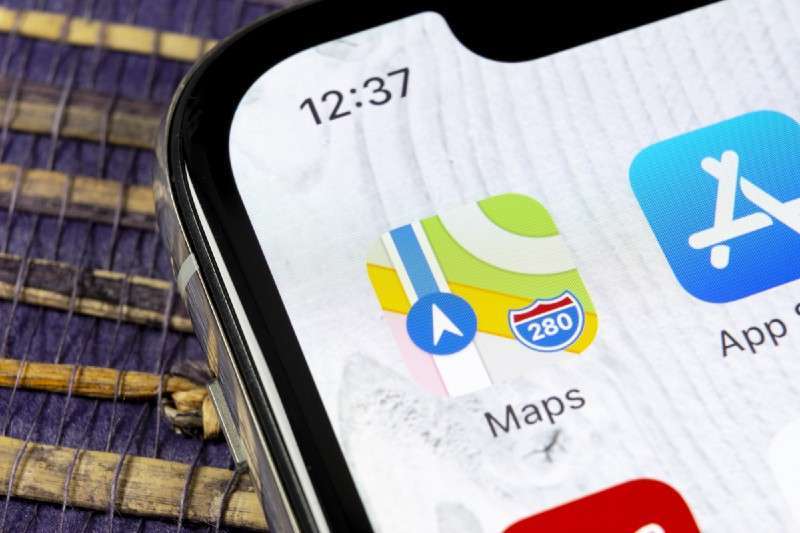
Source: Adobe Stock | Aleksei - stock.adobe.com
When Apple debuted its buggy Maps product in 2012, CEO Tim Cook told the press, “We screwed up. That’s the fact.” The product itself was terrible — completely erasing landmarks like London’s Paddington Station, moved Chicago’s Sears Tower (now called Willis Tower) several miles away, and even created a non-existent airport in the middle of Dublin.
Tim Cook politely described the errors this way:
“It [Maps] didn’t meet our customers’ expectation, and our expectations of ourselves are even higher than our customers’.”
But given Apple’s sparkling reputation at the time, they benefited from showing they weren’t perfect, admitting their error, and taking clear steps to fix it. Only a year after the disaster, 35M people in the US used Apple’s Maps, compared to 58.7M Google Maps users.
2. Too many good reviews can backfire
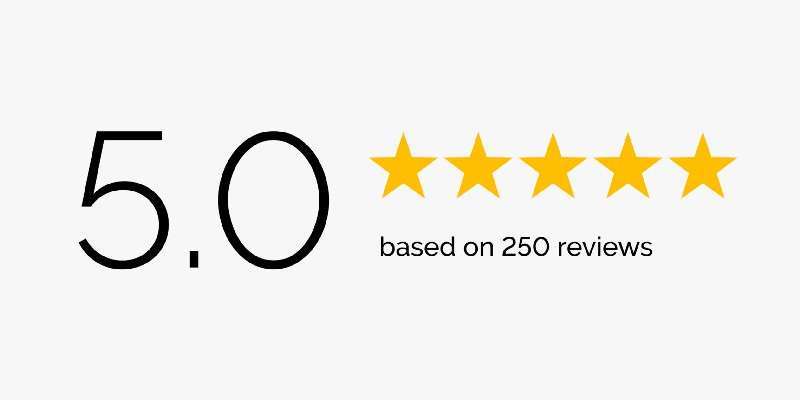
Source: Adobe Stock
According to studies published in the journal Nature Human Behavior, when reviews are too positive, it can be challenging for customers to tell the difference between products.
Reviews that are too good make it harder for people to decide which product to buy or where to eat — the choices can be hard to trust because they feel too good to be true. Researchers have dubbed this the “positivity problem,” and it can have a negative effect on businesses’ bottom lines.
3. Admitting your flaws can work in your favor
When a product or brand has a flaw — which most of them do — their instinct is often to ignore it in favor of positive messages about its products. But doubling down on your brands’ flaws can actually work in your favor.
For example, Heinz 57 Ketchup is notoriously slow to come out of the bottle. It takes a frustrating amount of pounding and shaking to get it out. Instead of ignoring their “fault,” Heinz Canada celebrated it with multiple campaigns that leaned into their slowness. They even created the “world’s slowest website.” It took a full 57 minutes to load.
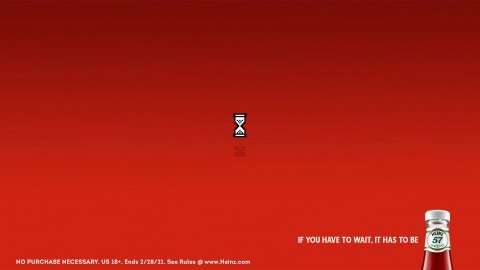
Source: Heinz Canada
During the Covid lockdown period, Heinz went a step further and created the world's slowest puzzle. With 570 identical red pieces (all the color of Heinz ketchup, of course), the brand leaned into it's "failing" yet again.
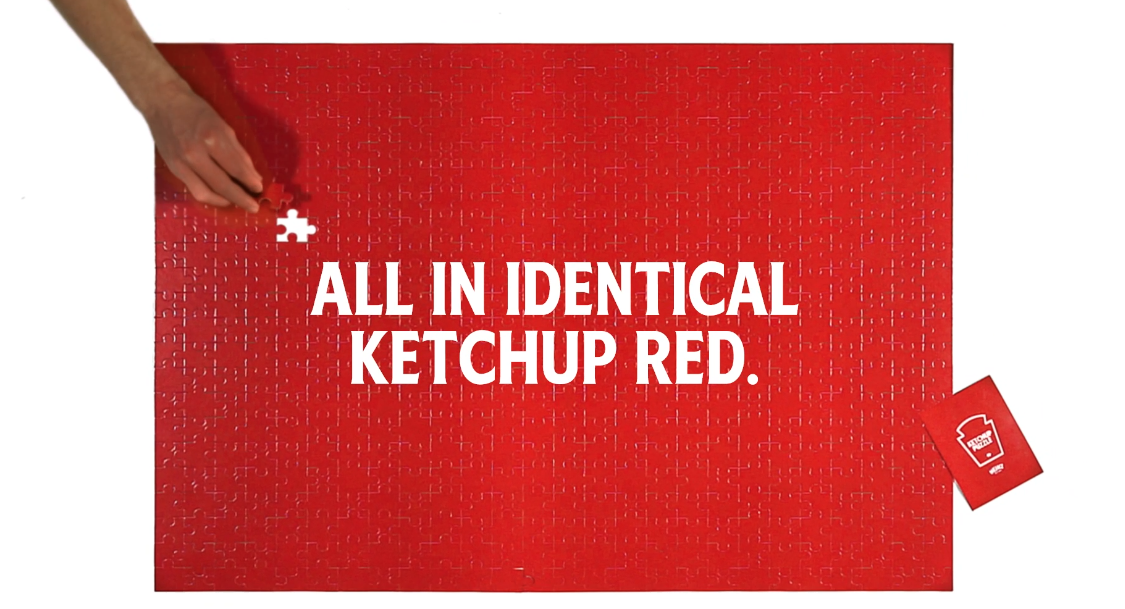
Source: Heinz Canada via Rethink
Another example of a brand publicly acknowledging a flaw (or, in this case, an operational error that shut down most of their stores) is when Kentucky Fried Chicken in the UK ran out of chicken in 2018.
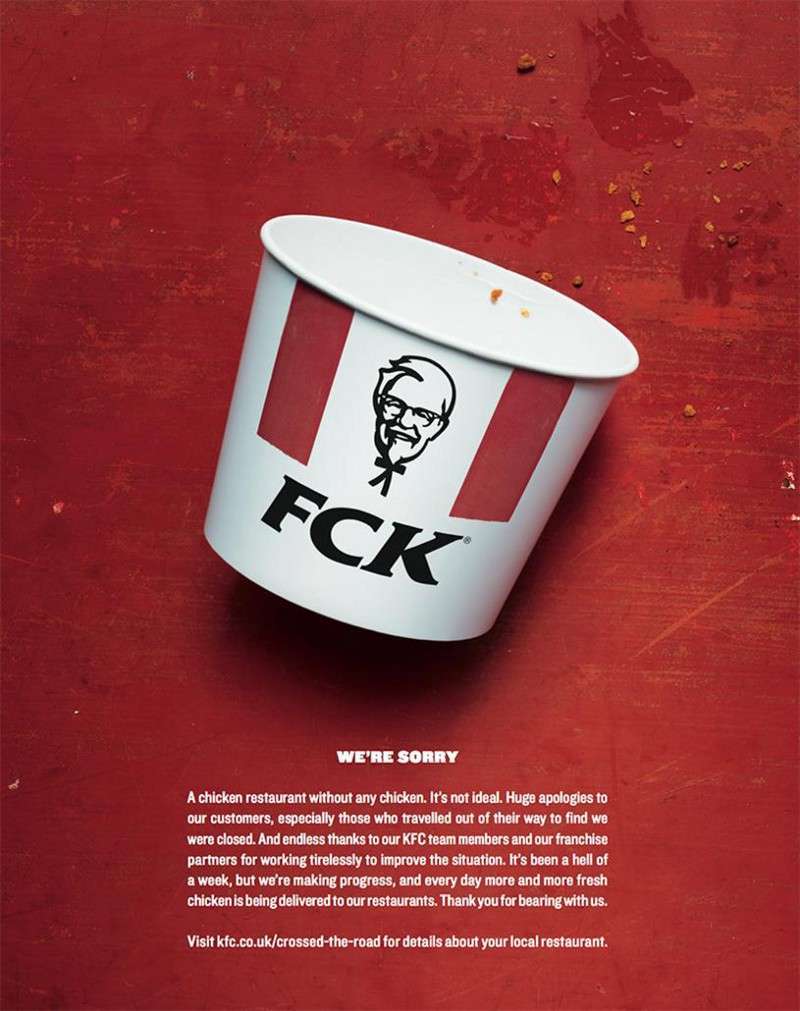
Source: KFC UK
They issued a dry apology, saying:
“A chicken restaurant without chicken. It’s not ideal.”
Admitting its mistake in public turned out to be the right move, as a survey of the UK’s top marketers named KFC’s FCK campaign their favorite that year.
How to Apply the Pratfall Effect
The Pratfall Effect can be a tricky one to get right, but here are some tips:
1. Don’t admit to a fault that affects a critical part of your product.
For example, a car company shouldn’t create a campaign admitting that their cars’ engines fall out on the highway and expect people to love their brand more. It’s too important to the product’s core performance.
2. Pratfall from a position of strength.
This effect amplifies existing opinions about a product, person, or experience. Meaning things that are already well-liked will be more well-liked post-Pratfall. But weaker products will be less liked.
🚀 Learn what makes buyers tick
Join 8k+ of world's best marketers from brands like Disney, Coca-Cola, Google who are learning marketing psychology in <5 mins a week.
The Bottom Line
“One of the basic rules of the universe is that nothing is perfect. Perfection simply doesn’t exist…..Without imperfection, neither you nor I would exist” — Stephen Hawking, physicist
If you want to apply the Pratfall Effect to your marketing or customer experience, start by asking yourself:
- Are we pratfalling from a position of strength? Are we already well-liked a respected, or is our brand generally looked at with suspicion? For example, a tobacco company pratfalling will not be as well-received as a tech company like Apple.
- What were the consequences of our mistake? Was it an irritating inconvenience, like KFC’s chicken supply issue? Or is it a life and death issue, like a product that hurt or injured customers?

